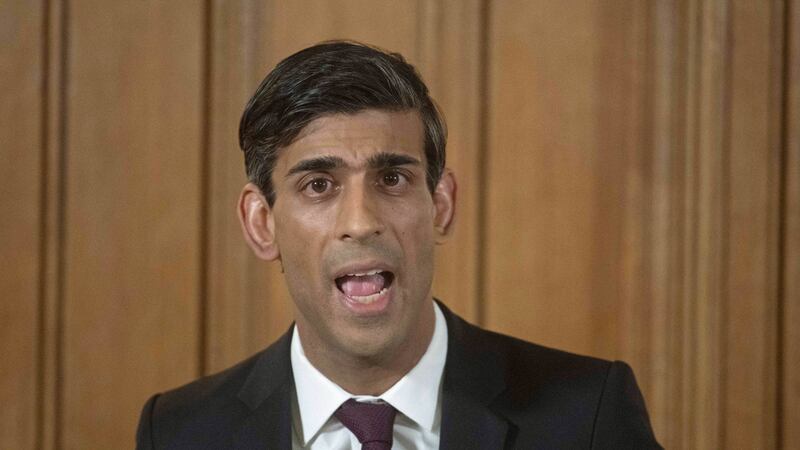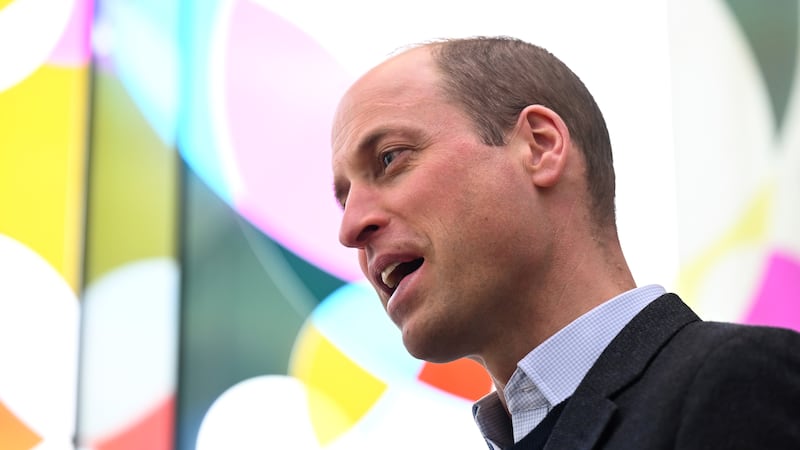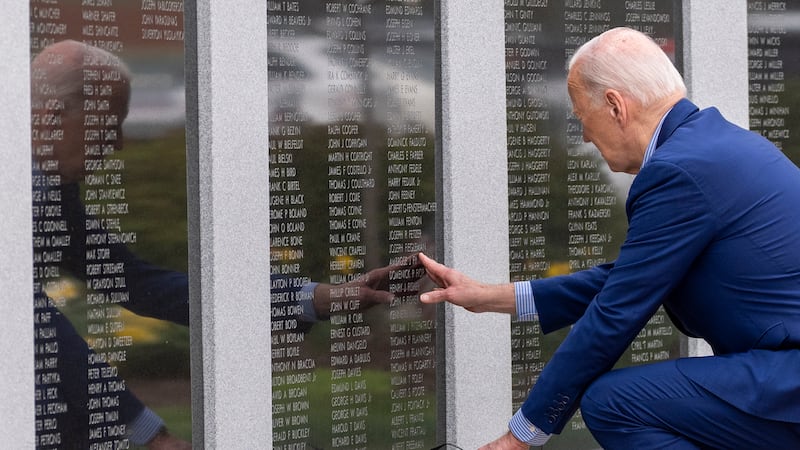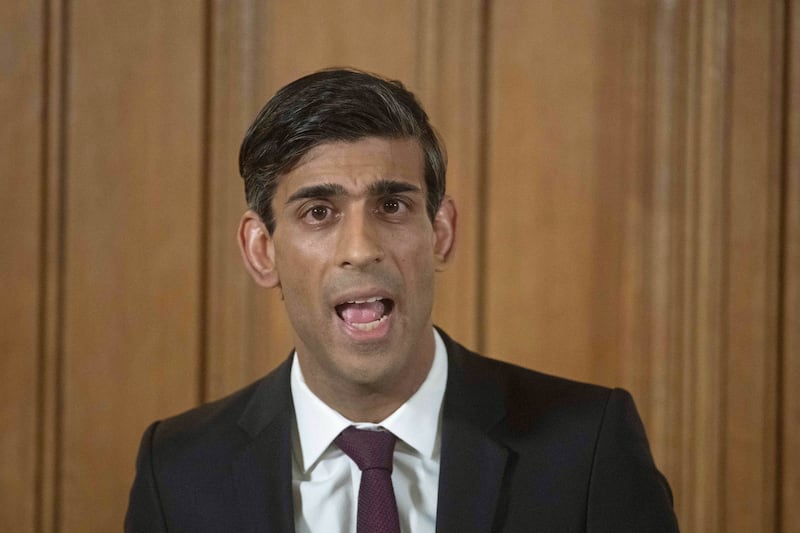Ministers are coming under pressure to provide a financial lifeline to millions of self-employed whose incomes have dried up as a result of the coronavirus outbreak.
Some MPs have warned that Chancellor Rishi Sunak’s unprecedented plan to underwrite the wages of workers who faced being laid off as activity collapses did nothing for the army of freelancers, contractors and the self-employed.
Former Conservative cabinet minister David Davis said the economy could suffer a near “fatal seizure” if they were not protected.
However, Treasury Chief Secretary Stephen Barclay said ministers were concentrating on measures which could be rolled out quickly to keep the economy going.
Acutely aware of plight of self employed & freelancers - which estimates suggest could be 100,000 people here - who have yet to receive assurances in UK or NI emergency financial packages. Lobbying intensively to ensure this vital part of economy & life here isn’t left behind
— Claire Hanna (@ClaireHanna) March 21, 2020
Experts warned that assessing the incomes of self-employed people who are outside the PAYE system would be difficult and would take time to work out.
Trade unions and employers’ organisations broadly welcomed Mr Sunak announcement on Friday that the State would pay up to 80% of the wages of employees, up to £2,500 a month, if firms agreed to keep them on.
However, Mr Davis said it was vital that the Chancellor found a way of extending that support to the self-employed.
“It is absolutely necessary. Without this the whole of the British economy will have a seizure – almost a fatal seizure in economic terms,” he told the BBC.
“It is great for those who have got jobs but it does miss out a pretty important sector of the economy – namely the self-employed – and he (Mr Sunak) is going to have to find a way of replicating this for the self-employed as well.”
His call was backed by TUC general secretary Frances O’Grady who said the trade union movement would be “pushing really hard” on the issue.
“We have got members in industries from construction to the creative industries and this will cause real hardship unless we get to grips with it,” she told the BBC Radio 4 Today programme.
However, Mr Barclay said the issue for the Government was about “operationally what is difficult to do and what can be delivered to the timescales were are working to”.
He said the self-employed were being helped through measures such as the deferral of self-assessment tax requirements, payment holidays for mortgage payers and the strengthening of the welfare “safety net”.
“We are looking at operationally what we can roll out to people,” he told Today.
“The main thing we have done is twofold: it is to support the economy as a whole because the best thing for people who are self-employed, as for all people, is to sustain the economy and ensure that we can return with those viable businesses, and alongside that strengthen the safety net.
“So we have increased the allowance on Universal Credit, we have made it available from day one, we have removed the minimum income floor so if people who are self-employed are working less than 35 hours in a week they are not penalised within the benefits system.”
Paul Johnson, the director of the Institute for Fiscal Studies think tank, predicted Mr Sunak would come forward with further measures, although said he would need to find the right “administrative mechanisms” to ensure such workers were paid the right amounts.
“This clearly is a gap. He is not able at the moment to replace the normal wages or incomes of the self-employed,” Mr Johnson told Today.
“I am sure that the Chancellor will come back with something more for this group. I am sure that the reason he hasn’t done that is because it is a much more complicated thing to achieve. I think it is right that he doesn’t try to do that too quickly.”



